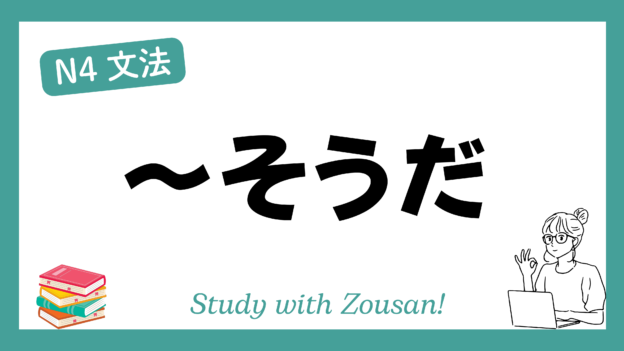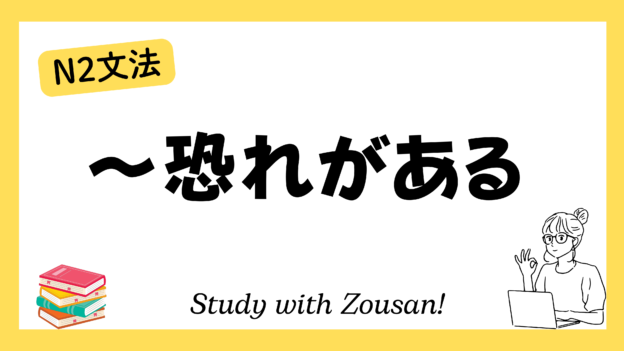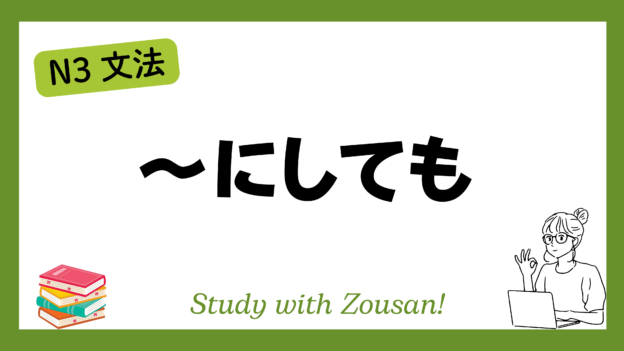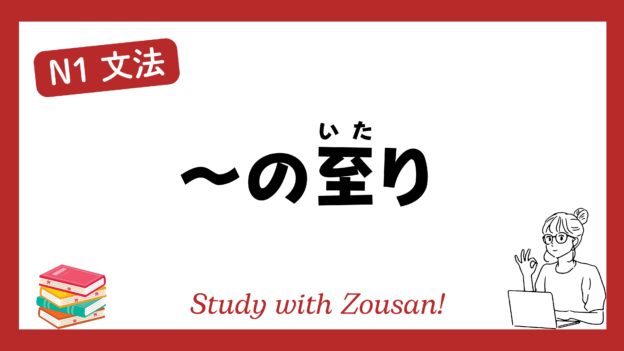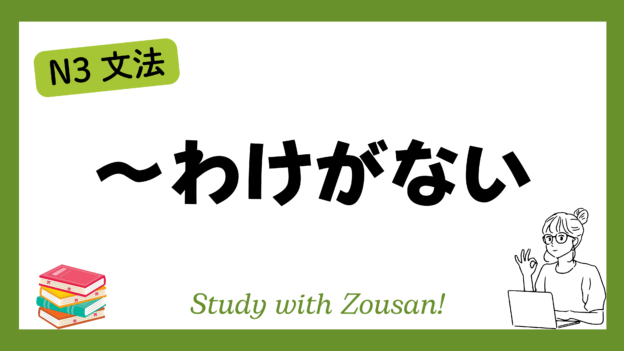N4文法:~そうだ
Meaning ❶: “I heard that…” (Conveying information)
~そうだ is used to express information that the speaker has heard from another source, such as a rumor or announcement. This structure means “I heard that” and is used in declarative sentences to convey information that the speaker did not witness firsthand or is not certain about.
※Note:
- Do not use ~そうだ to describe things that the speaker has directly seen or experienced.
- This structure should not be confused with ~そう for expressing visual conjecture (meaning 2).
Structure:
| Verb (casual form) | + そうだ + そうです |
| Noun + だ | |
| な-adjective + だ | |
| い-adjective |
Example:
-
-
-
🌟 彼は海外に引っ越すそうだ。
(かれ は かいがい に ひっこす そう だ)
I heard that he is moving abroad. -
🌟 この映画は面白いそうです。
(この えいが は おもしろい そう です)
I heard that this movie is interesting. -
🌟 彼女は新しい仕事を始めたそうだ。
(かのじょ は あたらしい しごと を はじめた そう だ)
I heard that she started a new job. -
🌟 日本は今、とても暑いそうです。
(にほん は いま、とても あつい そう です)
I heard that Japan is very hot now. -
🌟 彼の父は有名な医者だそうだ。
(かれ の ちち は ゆうめい な いしゃ だ そう だ)
I heard that his father is a famous doctor. -
🌟 そのレストランは閉店したそうです。
(その レストラン は へいてん した そう です)
I heard that the restaurant has closed down. -
🌟 彼女は歌が上手だそうだ。
(かのじょ は うた が じょうず だ そう だ)
I heard that she is good at singing. -
🌟 あの店はサービスが悪いそうです。
(あの みせ は サービス が わるい そう です)
I heard that the service at that store is bad. -
🌟 彼は明日から休みを取るそうだ。
(かれ は あした から やすみ を とる そう だ)
I heard that he will take a vacation starting tomorrow. -
🌟 この道は夜は危ないそうです。
(この みち は よる は あぶない そう です)
I heard that this road is dangerous at night.
-
-
Meaning ➋: “It looks like…” / “It seems like…” (Visual conjecture)
~そうだ is also used to express a guess or impression based on what the speaker sees or senses. This structure is used with adjectives and verbs to indicate that something “seems” likely to happen or “looks” a certain way.
※Note:
- When used with verbs, attach ~そうだ to the ます-stem of the verb.
- Do not use ~そうだ to describe events that the speaker already knows for certain or that have a clear outcome.
Structure:
| Verb |
+ そう + そうだ + そうです |
| な-adjective | |
| い-adjective + |
Example:



